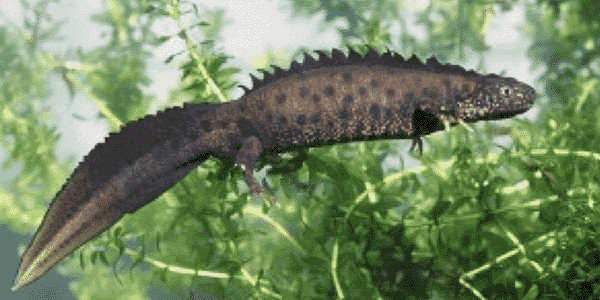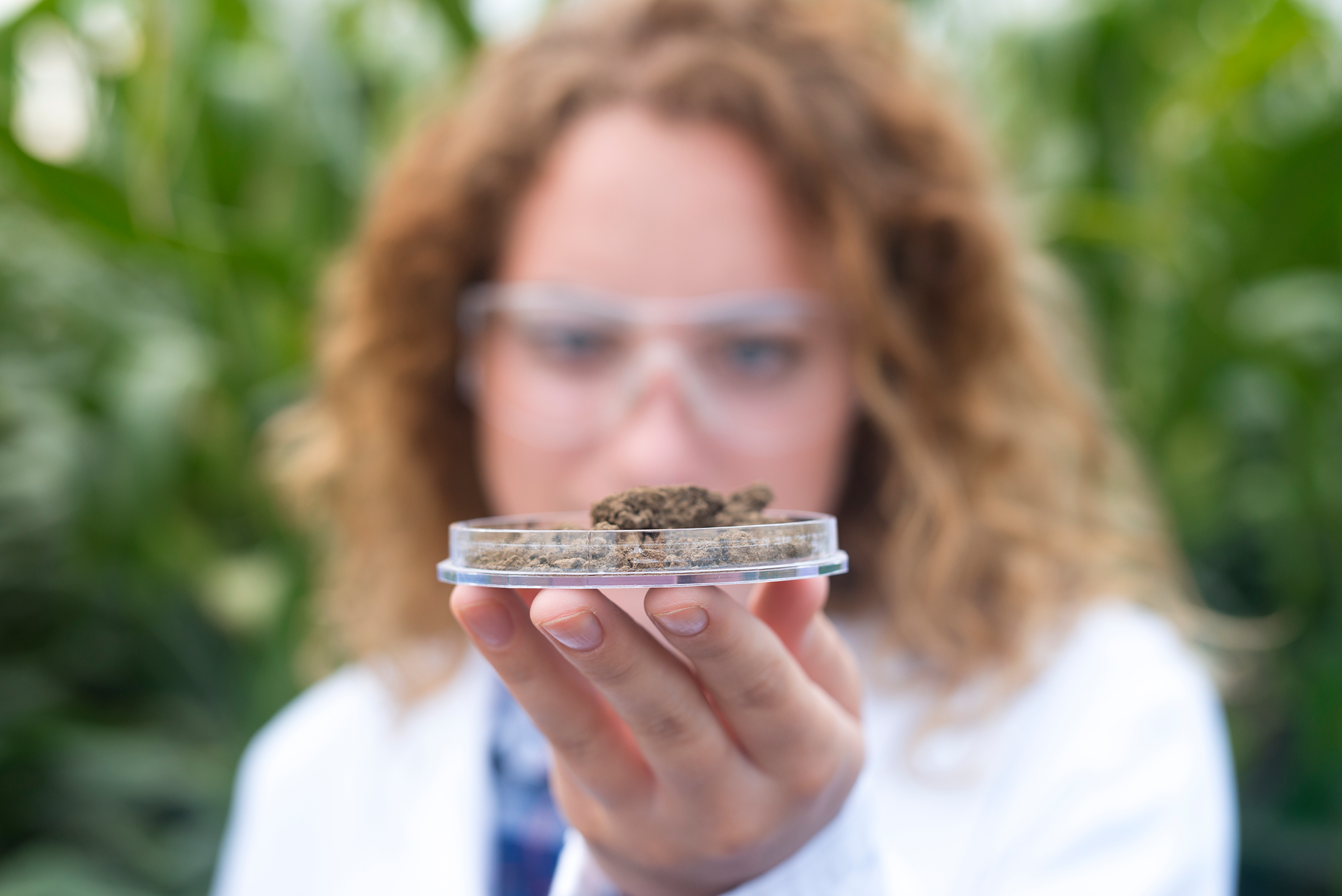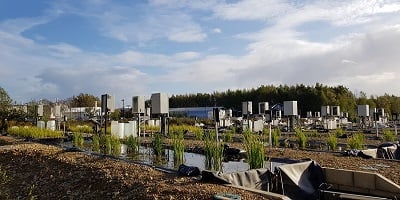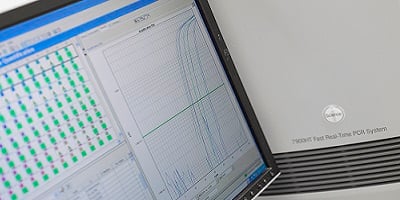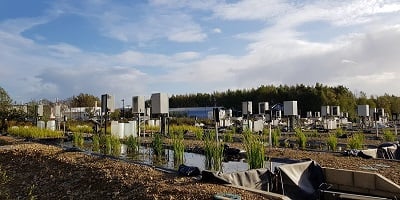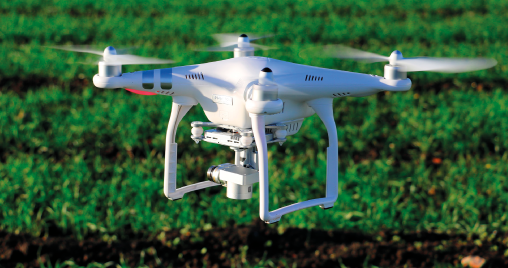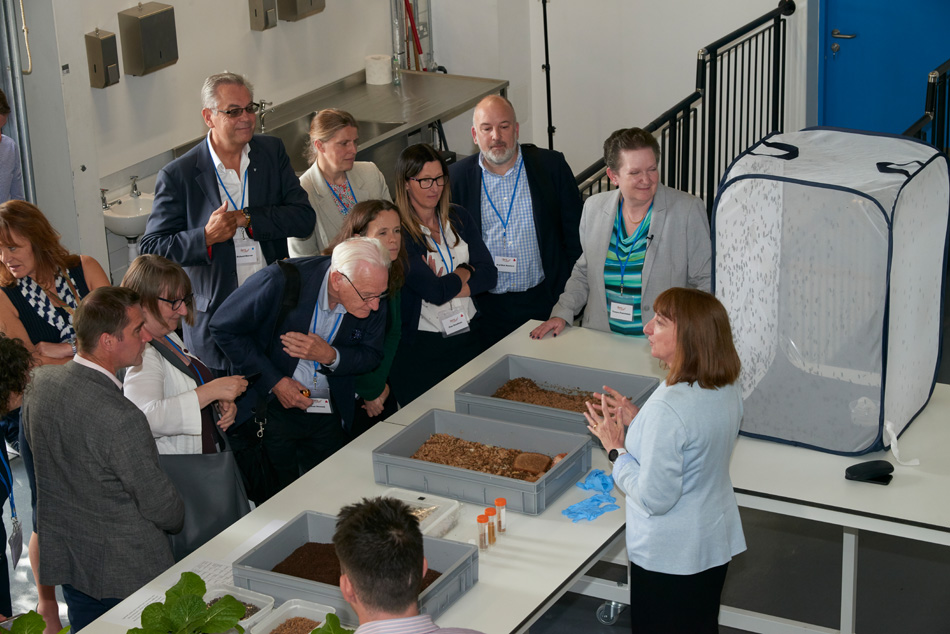Fera Science Ltd working with Better Origin, Entec Nutrition and the University of Surrey has been awarded the Food Standards Agency (FSA) research project to investigate the risk of using novel, currently non-approved waste substrates on which insects such as the black soldier fly (BSF) and yellow mealworm can be reared. Currently, only limited substrates are allowed to be used for this purpose.
Dr Maureen Wakefield, Principal Scientist & Project Lead of Fera’s Insect Research Laboratory confirms “The team here at Fera’s Insect Research Laboratory is very pleased to be working on the FSA research project with our partners. It will provide evidence as to whether widely available food waste and other substrates are safe and suitable to be used for insect bioconversion. If more substrates are proven to be safe and can be added to the legally permitted list, there is the potential to drive up the use of insects at scale.”
Currently, only vegetal matter, residue from fruit and vegetable processing and non-animal containing by-products of food processing from brewing, bakery, breakfast cereal and confectionary are allowed.
The substrates for the research project have been selected by key stakeholders as explained by Dr Maureen Wakefield “The choice of substrates undergoing investigation has been established from a questionnaire provided to key stakeholders. Selection has been based on three factors: the expressed need of stakeholders including feed manufacturers; the availability of the substrate over time, together with the ability of the insects to utilise the substrate effectively.”
The stakeholders consulted on choice of substrates on which black soldier fly are being reared include insect farmers, the NFU, major food and feed producers and specialist insect breeders.
The detailed research study will rear the selected species on the different substrates to provide samples of the larvae and the frass (residual rearing substrate), which can be potentially used as a fertiliser, to test for potential chemical and microbiological contaminants. A literature review to be undertaken by the University of Surrey will examine the risk of allergen transfer through the system. Data analysis will track the homogeneity of the results associated with each waste stream, essential to establish if the research is to be representative of real-world situations.
Potential chemical and microbiological contaminants will vary depending on the substrate but could include heavy metals, veterinary medicines, pesticides, persistent organic pollutants (e.g., such as dioxins) and mycotoxins. Dr Maureen Wakefield explains “The choice of substrates used for rearing insects in this FSA funded project heavily influences the safety risks that the materials may pose in the insect derived products when introduced into the animal feed chain. As reported by Fera ourselves and researchers around the world, heavy metals and other contaminants can persist post insect bioconversion.
Understanding the nature and level of potential contaminants associated with different substrates is vital information for regulators and legislators to assess suitability for insect bioconversion use.”
The active involvement of industry partners in the research project will help ensure that its findings will meet real world expectations, says Miha Pipan, Founder & Chief Scientific Officer of Better Origin “Better Origin is pleased to be working with Fera to bring industry best practice into the FSA research from day one, helping to ensure that the project’s findings and its recommendations are ready for implementation by the sector at scale.”
The Food Standards Agency has commissioned this research with Fera. The FSA is responsible for developing policy and advising government on animal feed safety and hygiene. The outputs from this research will be shared with other policymakers to inform their policies and advice to ministers.
A final report is expected to be provided by Fera to the FSA at the end of 2023. Dr Maureen Wakefield concludes “Following sign off, the FSA research report will be made available publicly via an Open Access article with a dissemination event planned for 2024.”
Find out more about Fera Insect Research Services here: https://www.fera.co.uk/insect-bioconversion-reforming-the-food-system


